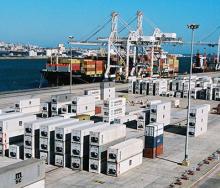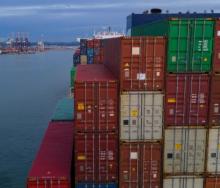Deputy director-general for Agricultural Production, Biosecurity and Natural Resources Management, Dipepeneneng Serage, has confirmed that government will proceed with its vaccination strategy against highly pathogenic avian influenza (HPAI).
Speaking during the recent AVI Africa conference, Serage highlighted his department’s commitment to ensuring that farming can continue safely and sustainably.
“My job is to bring science and legislation together and allow farmers to farm without risking anyone’s health while positioning South Africa as a net exporter of food,” Serage said.
The government’s HPAI vaccination strategy is a controlled, science-based approach that will focus on four key pillars:
- Controlled use of vaccines – Only vaccines registered in South Africa will be used. Sales and distribution will be strictly controlled and farmers must register and comply with biosecurity and surveillance protocols.
- Biosecurity – Enhanced on-farm practices will remain critical to preventing disease spread.
- Traceability – All vaccinated flocks must be trackable to maintain export integrity and health transparency.
- Surveillance – Ongoing monitoring will ensure early detection and effective management of any outbreaks.
“This is about ensuring the maximum benefit of vaccination with the minimum risk of the negative effects that come from uncontrolled use,” Serage said.
He said South Africa is ready to begin vaccinations immediately. Three H5 vaccines have been officially registered for use with an H7 vaccine currently under development. One farm is already under evaluation for compliance and may be the first to begin vaccinations under the new framework.
“We have the data, we know which farms we’re starting with, now we have to start,” Serage said.
He added that science is still evolving but the urgency of the situation requires swift action.
“We hope science can evolve much faster so we can talk about the HPAI vaccination freely,” he said.
The move represents a major step forward for biosecurity in South Africa’s poultry industry and signals government’s determination to protect public health and the country’s agricultural economy.













